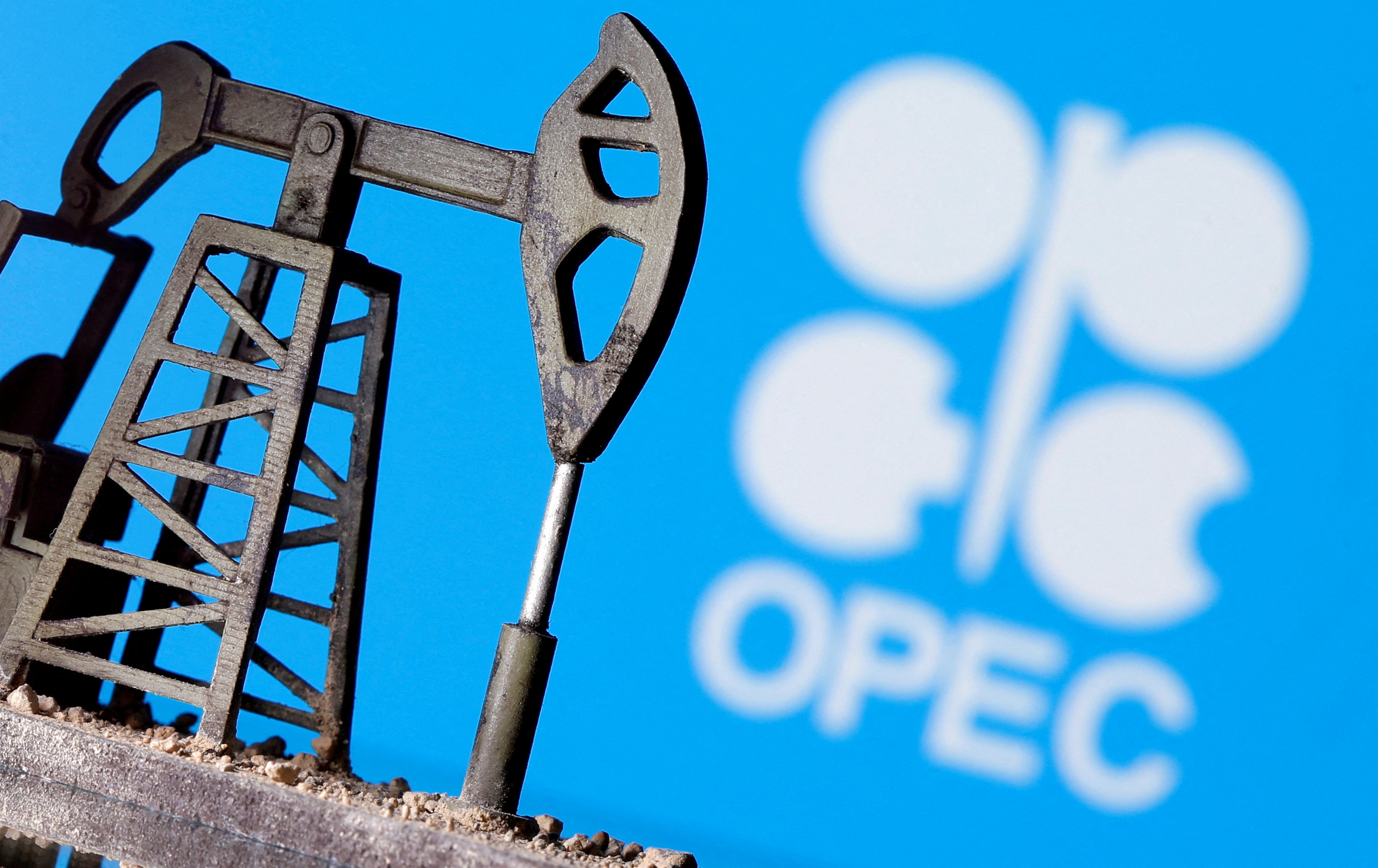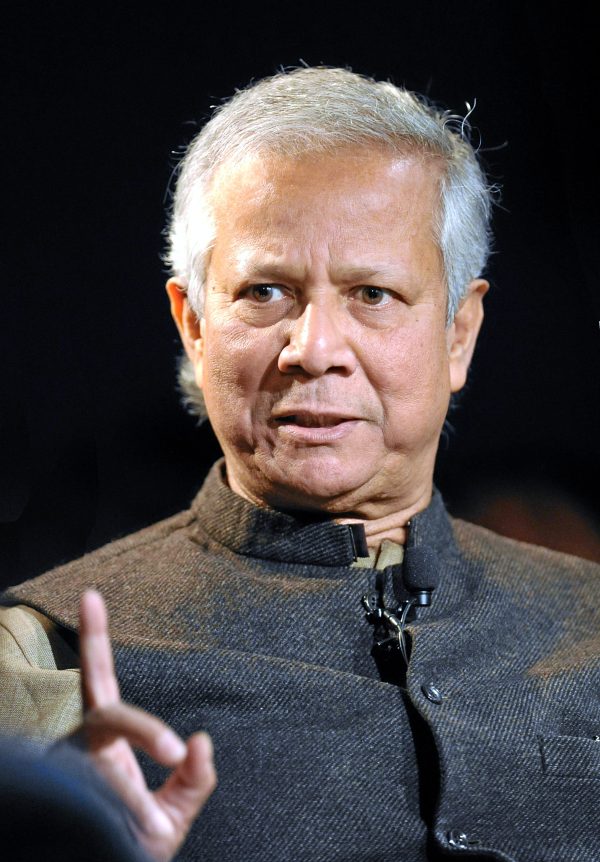Oil-producing nations in the OPEC+ alliance have decided to maintain the current output policy following a key meeting. The gathering of ministers, which occurred as global energy markets continue to experience volatility, focused on compliance with production cuts and compensatory measures for countries that have exceeded their allocated quotas. As tensions persist over global supply and demand dynamics, this decision underscores OPEC+’s cautious approach in navigating the uncertain landscape.
The meeting, involving some of the world’s largest oil producers, was closely watched by analysts and industry leaders. Observers had anticipated possible adjustments to production levels, but the alliance chose to keep its policy steady for the time being. A source close to the talks confirmed the decision, emphasizing the group’s intent to maintain stability amid unpredictable economic conditions. OPEC+ has long been the primary driver behind oil supply strategies, and its decisions significantly impact global oil prices.
Attention was also directed at countries that have been overproducing relative to their targets. The meeting delved into how these nations might adjust their production in the coming months to align with the overall quotas set by the group. According to one of the sources within OPEC+, ministers discussed altering the schedules for compensating the excess oil production. While compliance remains a key issue, the group’s commitment to ensuring market equilibrium is evident through its continued discussions on corrective actions for overproducers.
OPEC+ includes the 13-member Organization of the Petroleum Exporting Countries (OPEC) along with other major oil producers, including Russia, forming an extended alliance that has managed global oil production since 2016. The group’s coordinated efforts in limiting production have played a critical role in managing global oil supply, especially after demand shocks like the COVID-19 pandemic. OPEC+ agreements, including the output cuts initiated in response to these shocks, have helped stabilize the market, albeit with ongoing challenges.
The current production cuts are part of a broader strategy adopted by OPEC+ to counterbalance the global oil supply. This strategy was designed to address the fluctuating demand patterns caused by economic slowdowns, geopolitical conflicts, and environmental concerns. Although many expected the group to consider tightening production further, the decision to maintain the status quo suggests that ministers are awaiting clearer market signals before making significant adjustments.
Concerns over compliance have surfaced repeatedly within the OPEC+ framework, particularly regarding the member nations that have consistently exceeded their production targets. The alliance had previously implemented a compensation mechanism that allows such countries to compensate for their overproduction by reducing future outputs. Discussions during the latest meeting reiterated the importance of this mechanism, with proposals to recalibrate the compensation schedules for non-compliant members gaining traction.
Market analysts are closely evaluating how these compensation schedules might influence oil prices in the coming months. For many overproducing countries, the challenge lies in balancing domestic energy demands with international commitments. The talks have underscored the need for greater transparency and enforcement within the OPEC+ framework, as stricter compliance will be crucial for the alliance’s long-term credibility and effectiveness.
The broader geopolitical context remains an important factor in OPEC+’s decision-making. Ongoing concerns over global inflation, coupled with fears of economic recessions in key markets, continue to shape the group’s cautious approach. Energy prices have become a focal point of debate in several regions, with governments under pressure to address rising costs while maintaining economic growth. OPEC+, mindful of these dynamics, is likely to continue adjusting its strategies in response to global macroeconomic shifts.
Despite the current output freeze, many industry experts believe that OPEC+ may consider changing its production policies in future meetings, especially if market conditions warrant it. The delicate balance between supply and demand remains a persistent challenge for oil producers, who must navigate not only the economics of energy but also the geopolitical pressures associated with oil dependency.
The global energy landscape continues to evolve, driven by factors such as the transition to renewable energy, geopolitical tensions, and the demand recovery in major economies. OPEC+ is increasingly viewed not just as a traditional oil cartel but as a central player in global energy governance. This meeting further highlights the alliance’s critical role in shaping the future of oil production and pricing.
OPEC+’s production strategies are also being influenced by longer-term shifts in the global energy mix. As the world gradually pivots toward more sustainable energy sources, fossil fuel producers face mounting pressure to diversify their portfolios while continuing to meet the immediate energy needs of a growing global population. For many OPEC+ members, the dual challenge of meeting these short-term and long-term goals will define the future of oil production policy.


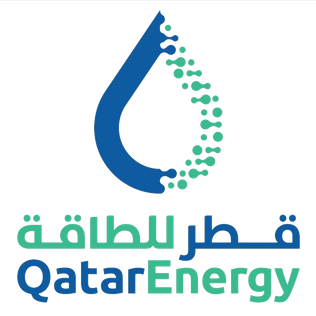
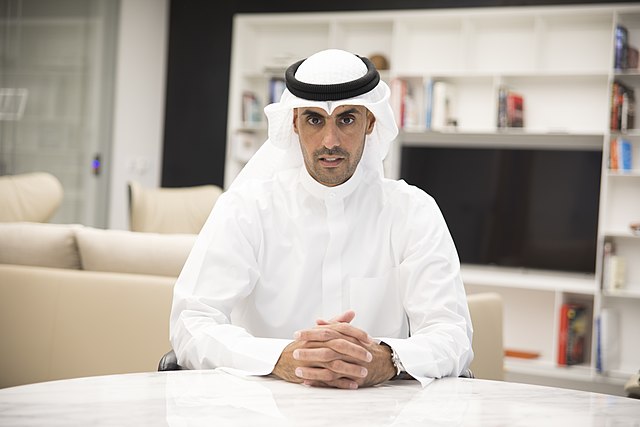
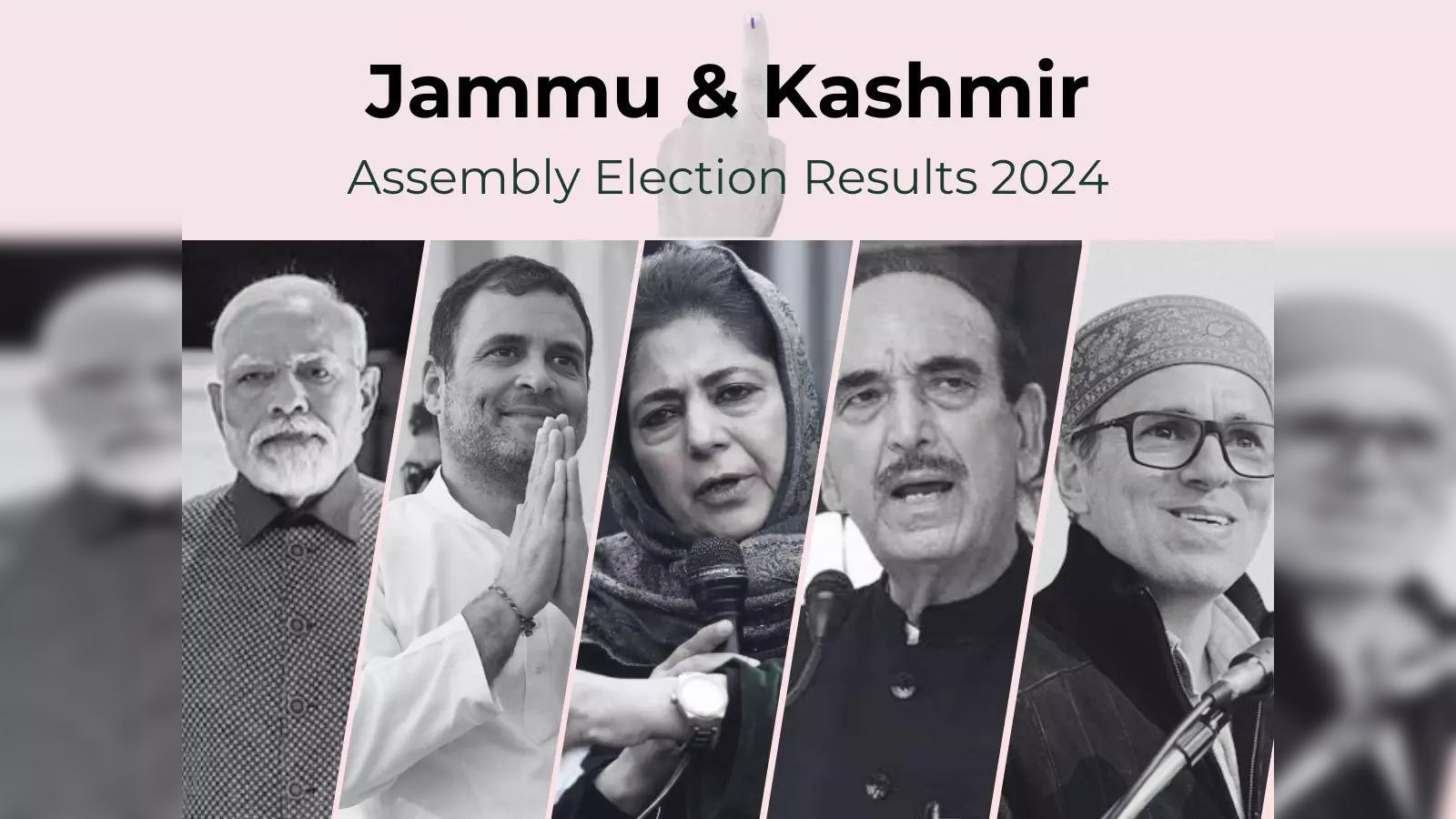
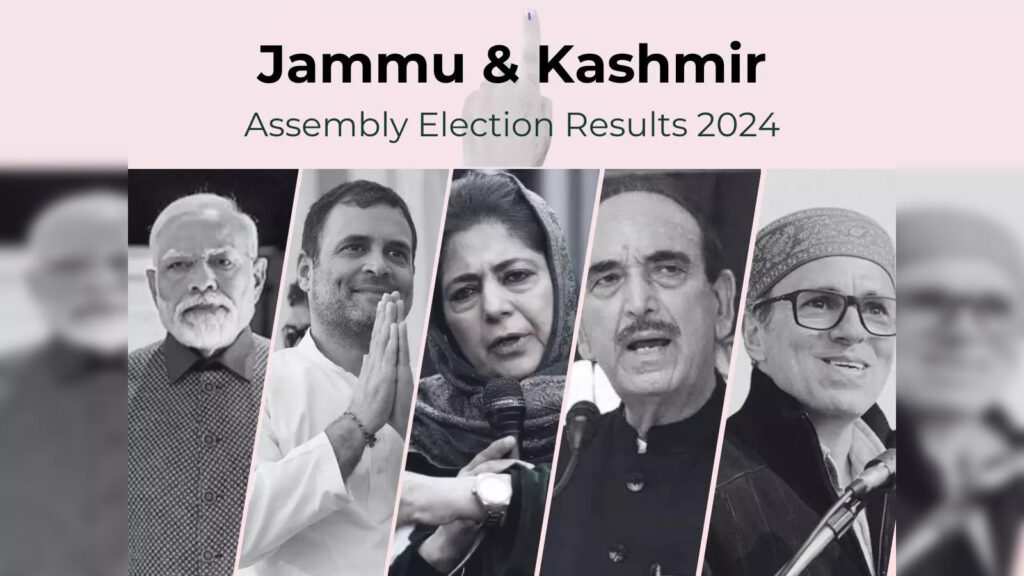 By Sushil Kutty The Bharatiya Janata Party lost the Jammu & Kashmir assembly elections. The National Conference-Congress alliance romped home victorious. National Conference president Farooq Abdullah announced Omar Abdullah will be the next Chief Minister. The Valley had voted enormously for the NC-Congress alliance. Almost as if there’s no tomorrow. Jammu’s Hindus gave the BJP […]
By Sushil Kutty The Bharatiya Janata Party lost the Jammu & Kashmir assembly elections. The National Conference-Congress alliance romped home victorious. National Conference president Farooq Abdullah announced Omar Abdullah will be the next Chief Minister. The Valley had voted enormously for the NC-Congress alliance. Almost as if there’s no tomorrow. Jammu’s Hindus gave the BJP […]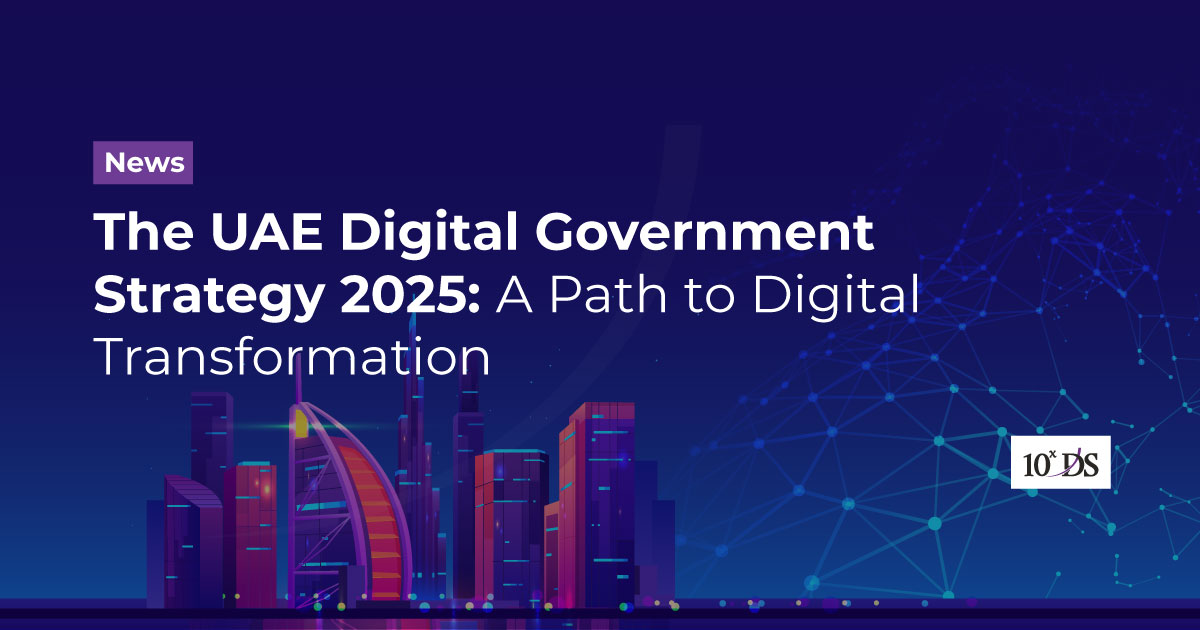
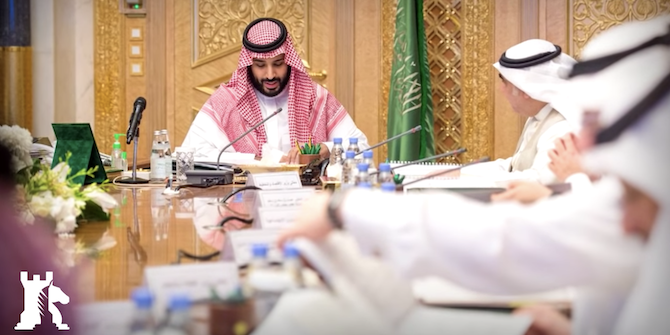

 By Dr. Gyan Pathak Haryana assembly election the result of which came out on Tuesday, has sprung up great surprise belying almost all political projections and analyses predicting Congress to wrest power from the BJP. However, Congress met a serious setback and the BJP spectacularly gained. It marks the reversal of political fortune, which shows […]
By Dr. Gyan Pathak Haryana assembly election the result of which came out on Tuesday, has sprung up great surprise belying almost all political projections and analyses predicting Congress to wrest power from the BJP. However, Congress met a serious setback and the BJP spectacularly gained. It marks the reversal of political fortune, which shows […]
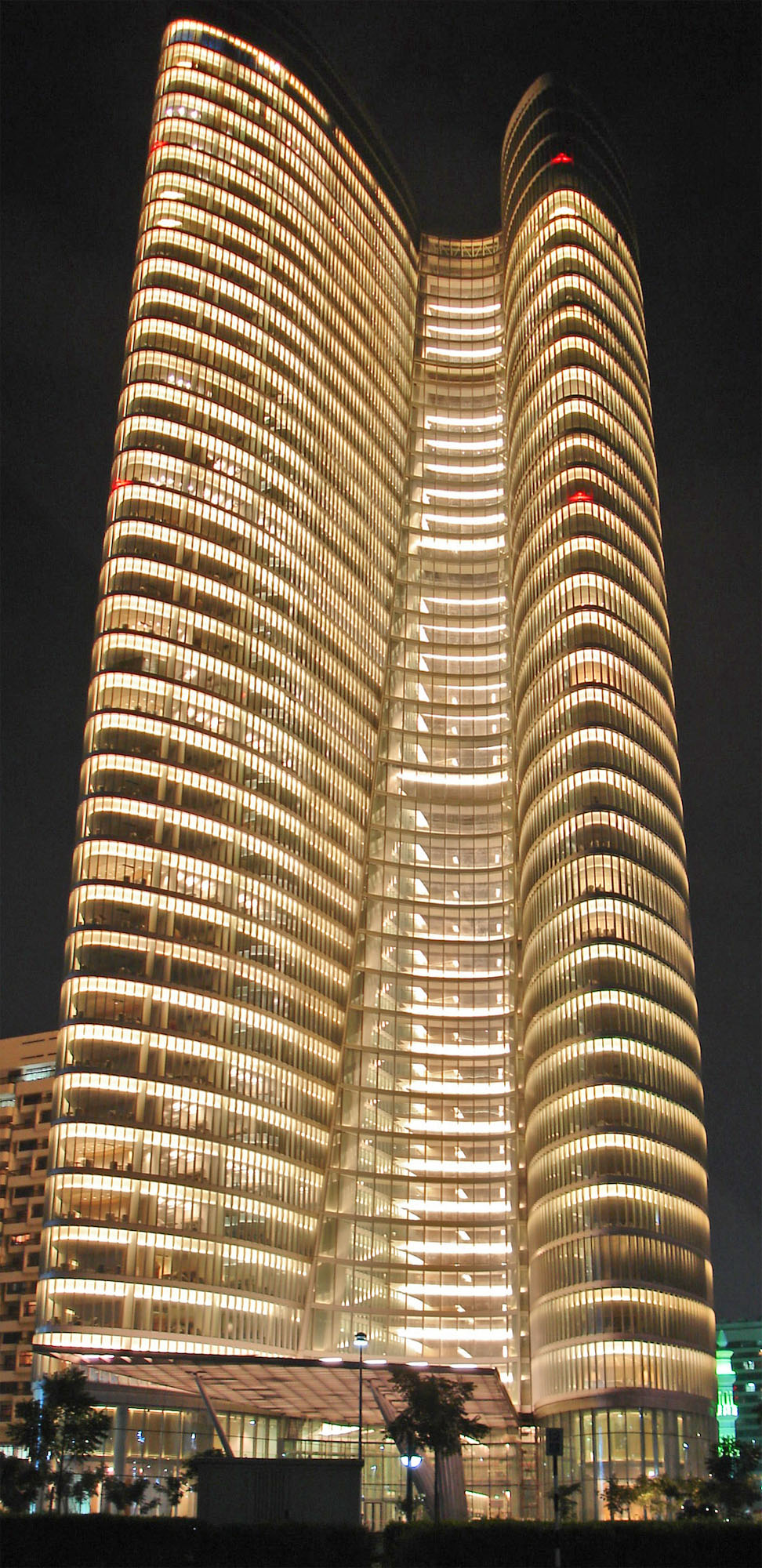



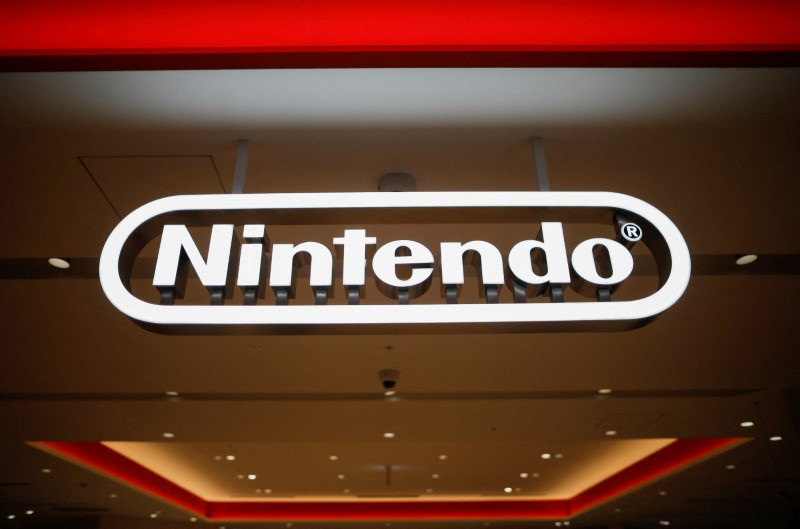
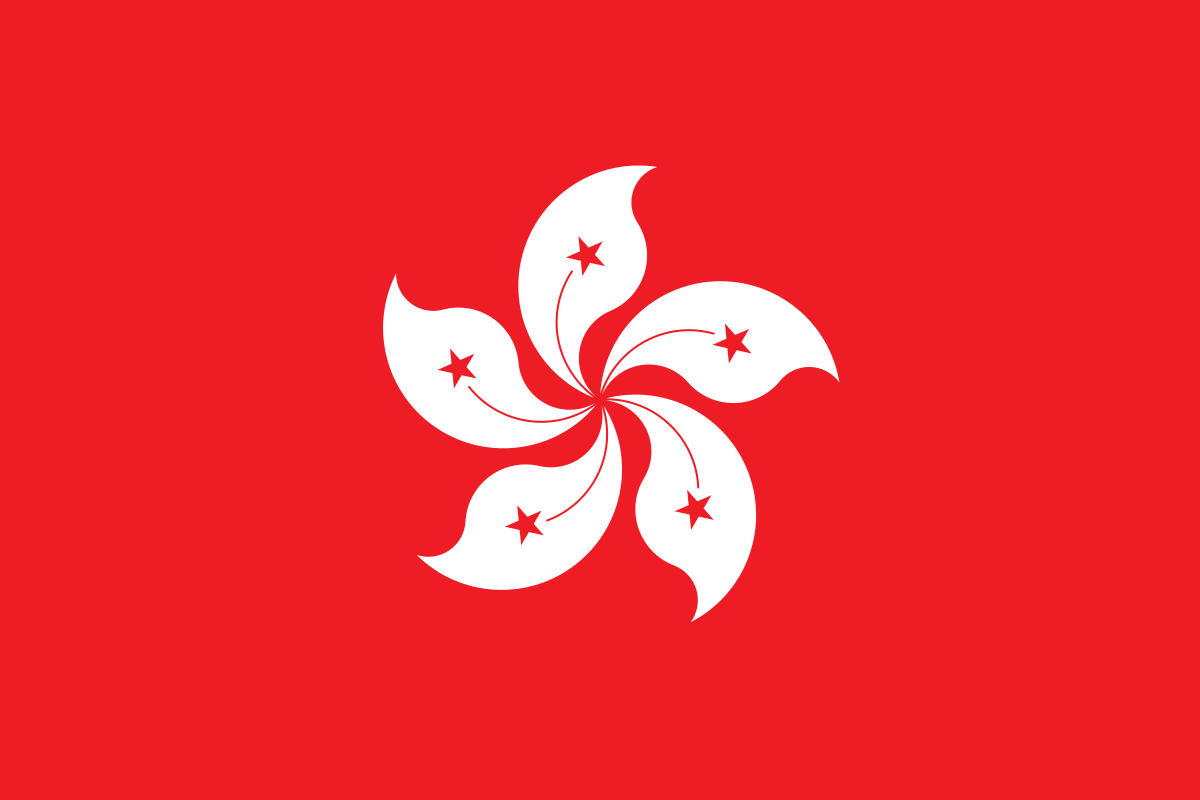
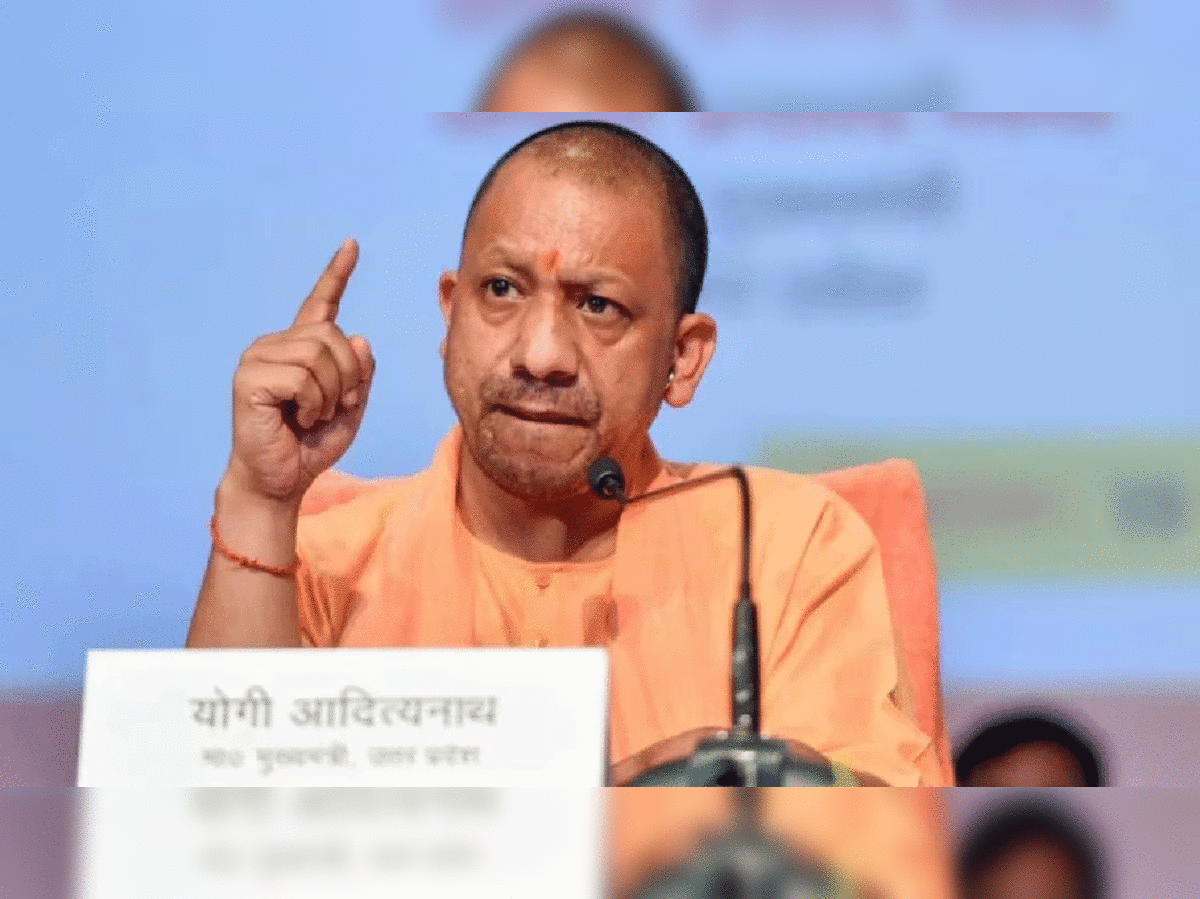
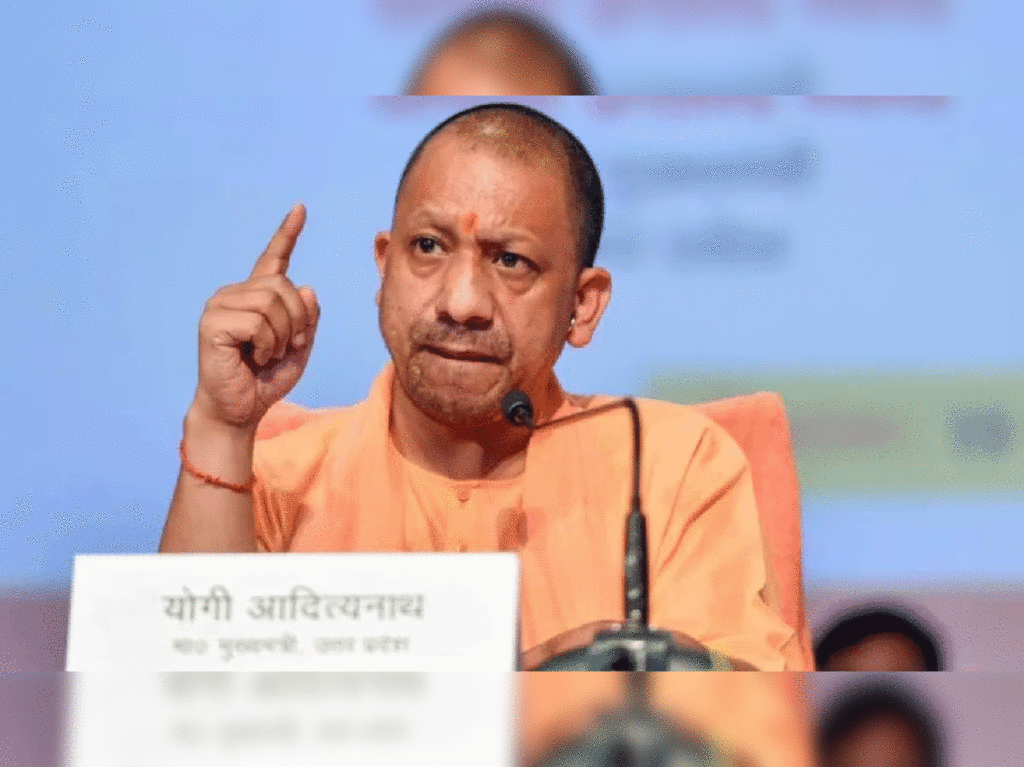 By Sushil Kutty Uttar Pradesh Chief Minister Yogi Adityanath will be in Prayagraj on October 6 with the stage set for the next explosive episode of ‘Hindu-Muslim’. Prayagraj is anticipating a monstrous ‘Maha Kumbh’ in 2025 and preparations are in swing. Chief Minister Yogi Adityanath will announce the dates for the major “baths”, which is […]
By Sushil Kutty Uttar Pradesh Chief Minister Yogi Adityanath will be in Prayagraj on October 6 with the stage set for the next explosive episode of ‘Hindu-Muslim’. Prayagraj is anticipating a monstrous ‘Maha Kumbh’ in 2025 and preparations are in swing. Chief Minister Yogi Adityanath will announce the dates for the major “baths”, which is […]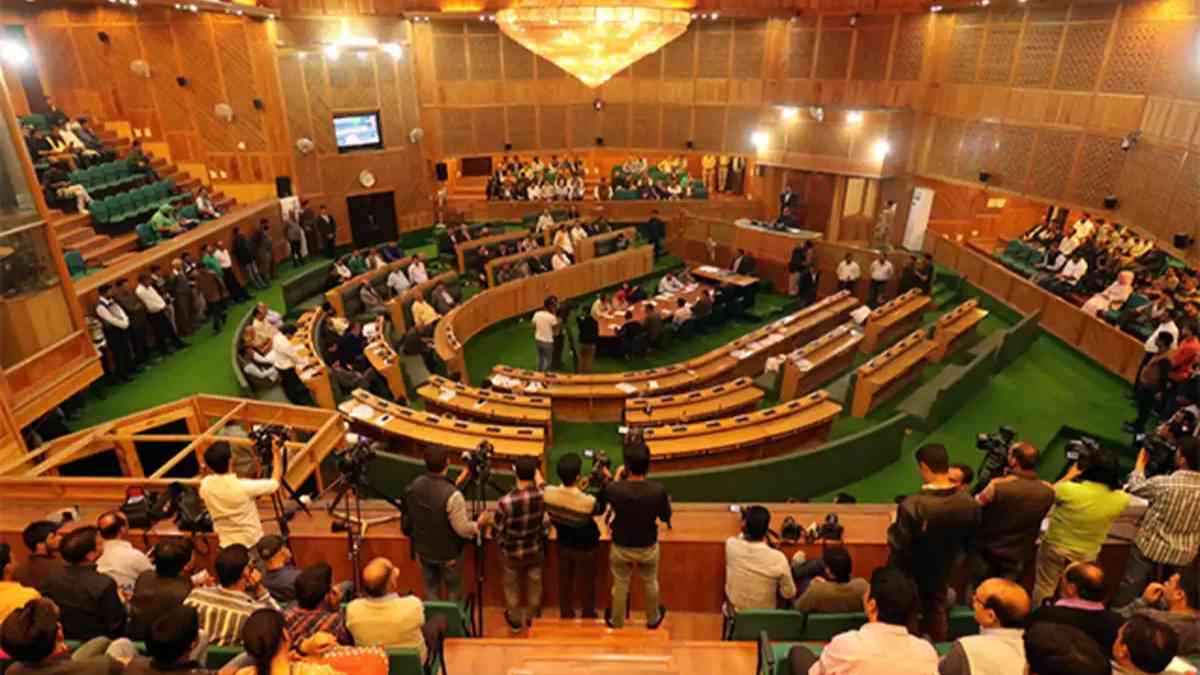
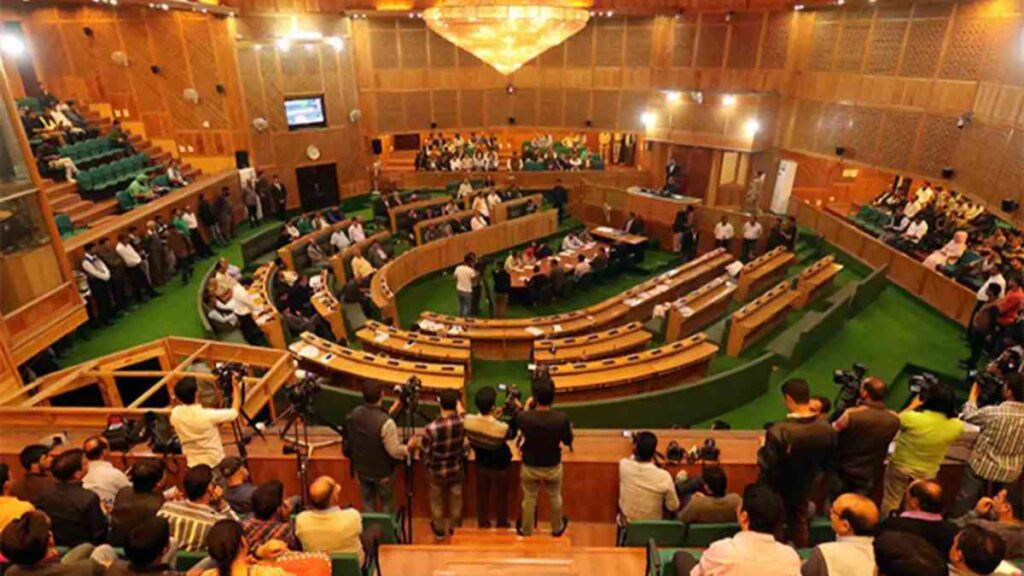 By Sant Kumar Sharma JAMMU: In something that is happening for the first time in its electoral history, Lieutenant Governor Manoj Sinha will soon nominate five members to the Legislative Assembly of Jammu & Kashmir. These nominated MLAs will have voting rights and can play an equal role as their elected counterparts in the formation […]
By Sant Kumar Sharma JAMMU: In something that is happening for the first time in its electoral history, Lieutenant Governor Manoj Sinha will soon nominate five members to the Legislative Assembly of Jammu & Kashmir. These nominated MLAs will have voting rights and can play an equal role as their elected counterparts in the formation […]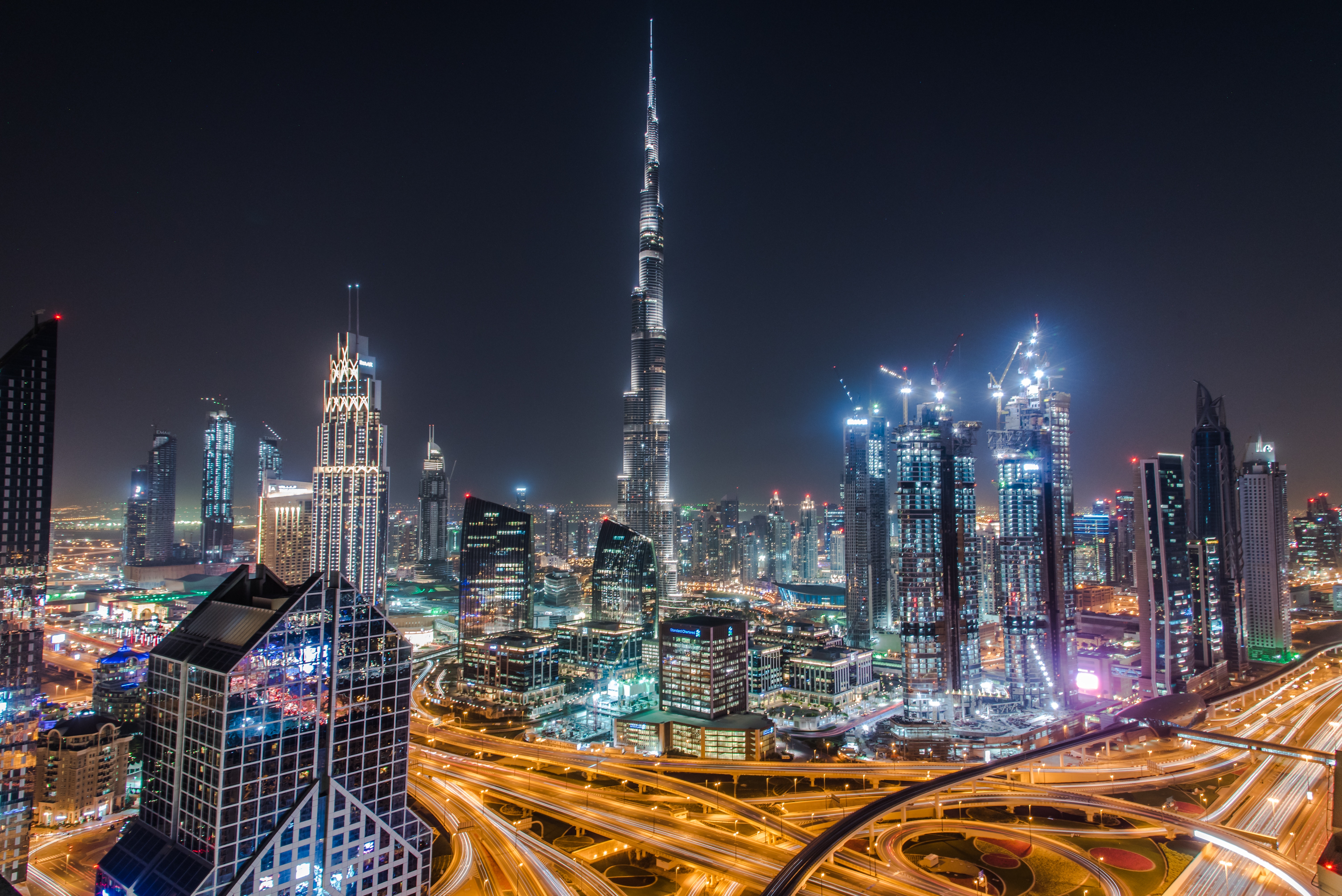
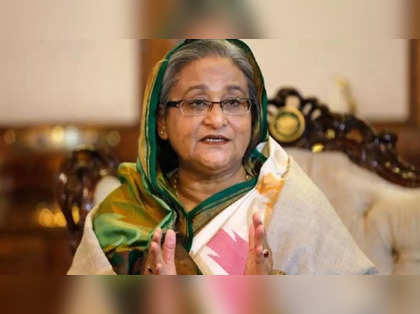


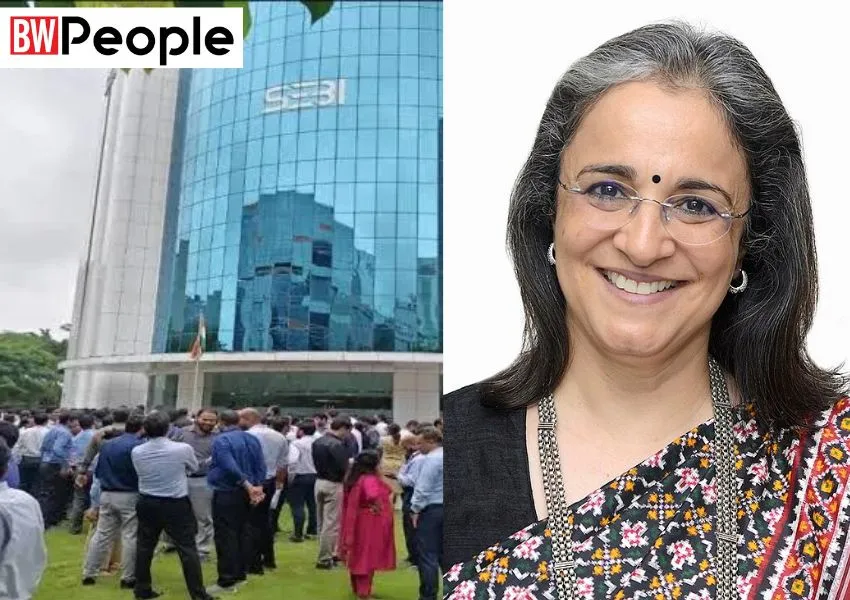


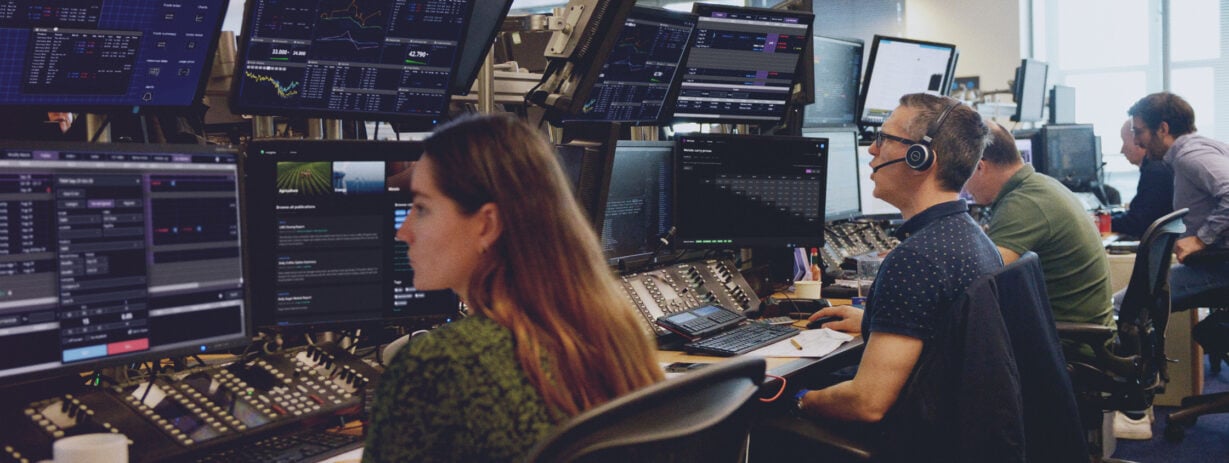
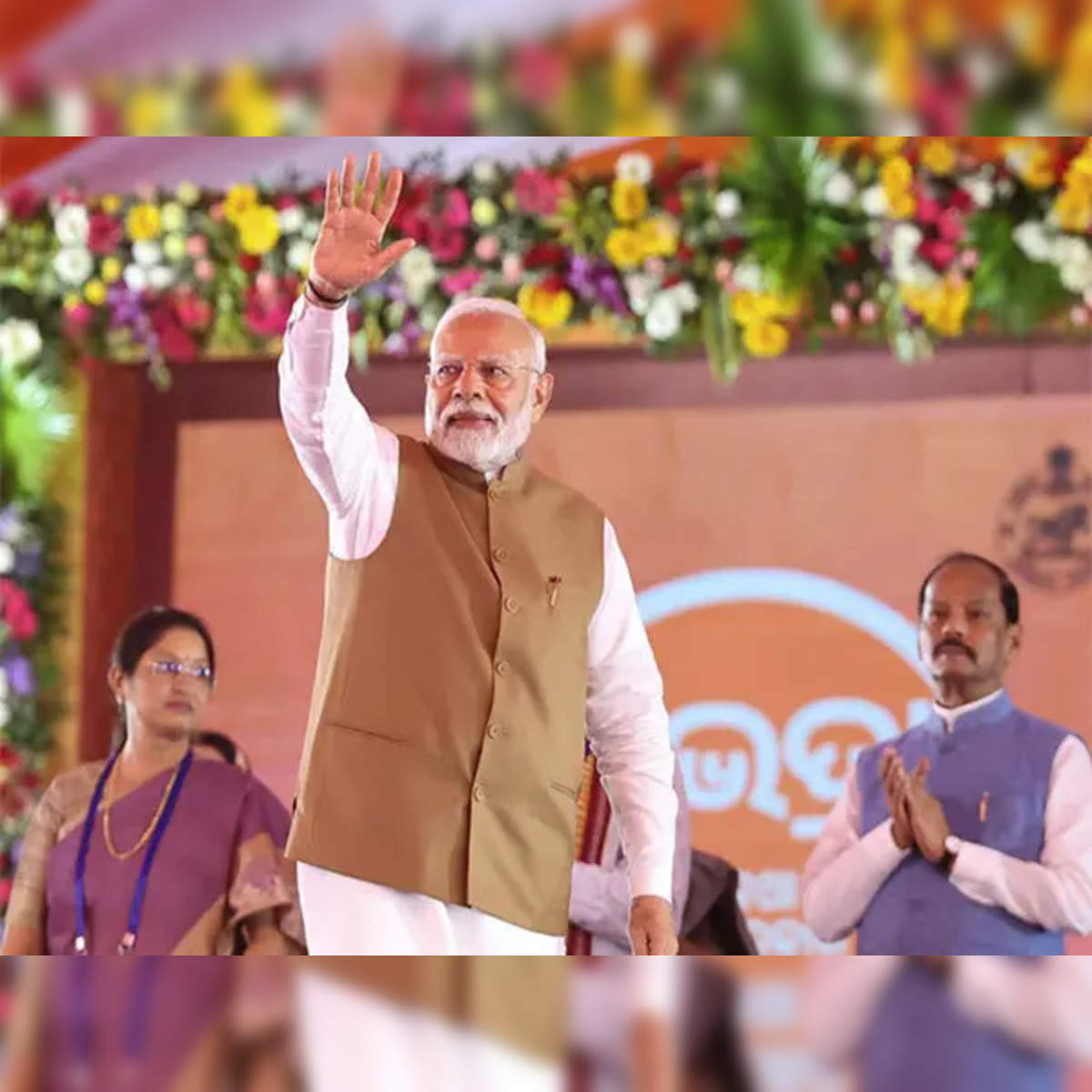
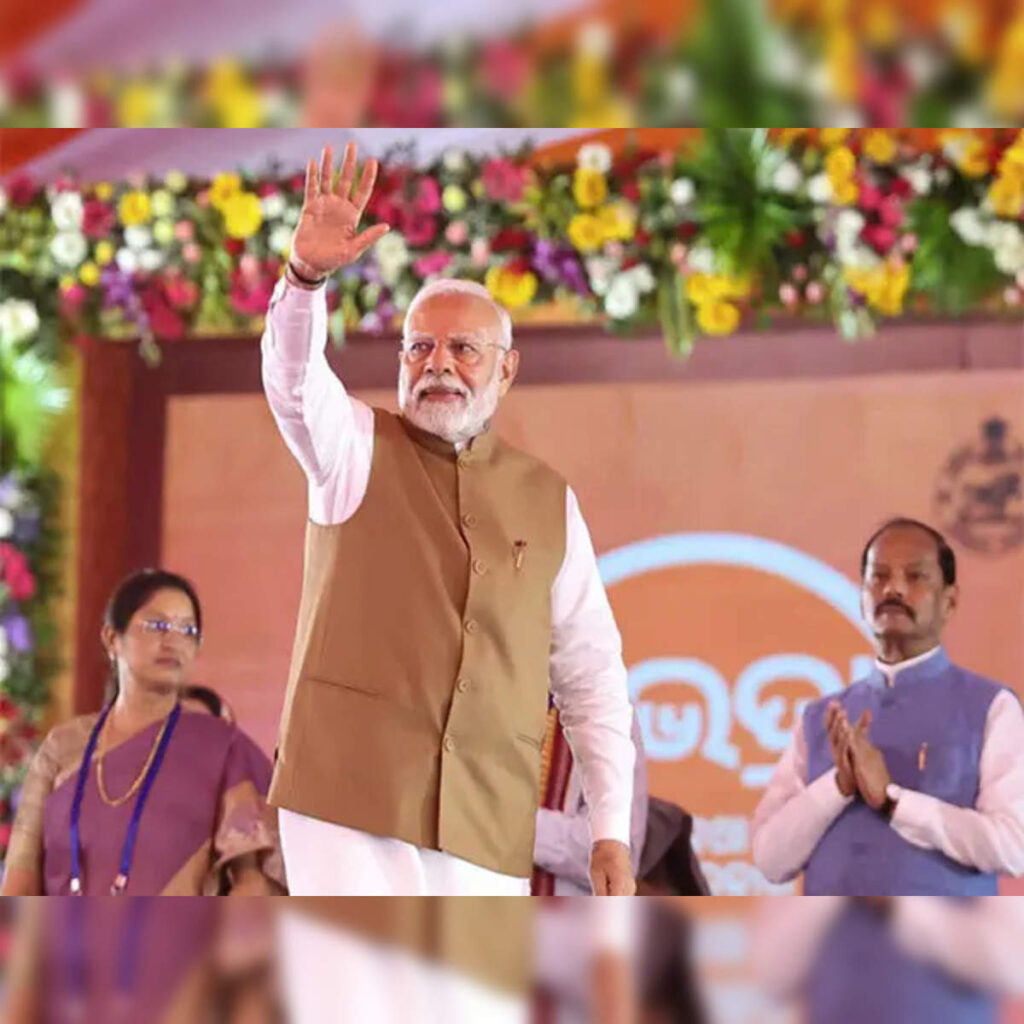 By Dr. Gyan Pathak Lok Sabha Election 2024 results have shown a drastically declined political worth of Prime Minister Narendra Modi, that has quantified it with a BJP’s win of only 240 seats, much less than 303 it had won in 2019. Public opinions differ on the question if his personal political stature has been […]
By Dr. Gyan Pathak Lok Sabha Election 2024 results have shown a drastically declined political worth of Prime Minister Narendra Modi, that has quantified it with a BJP’s win of only 240 seats, much less than 303 it had won in 2019. Public opinions differ on the question if his personal political stature has been […]